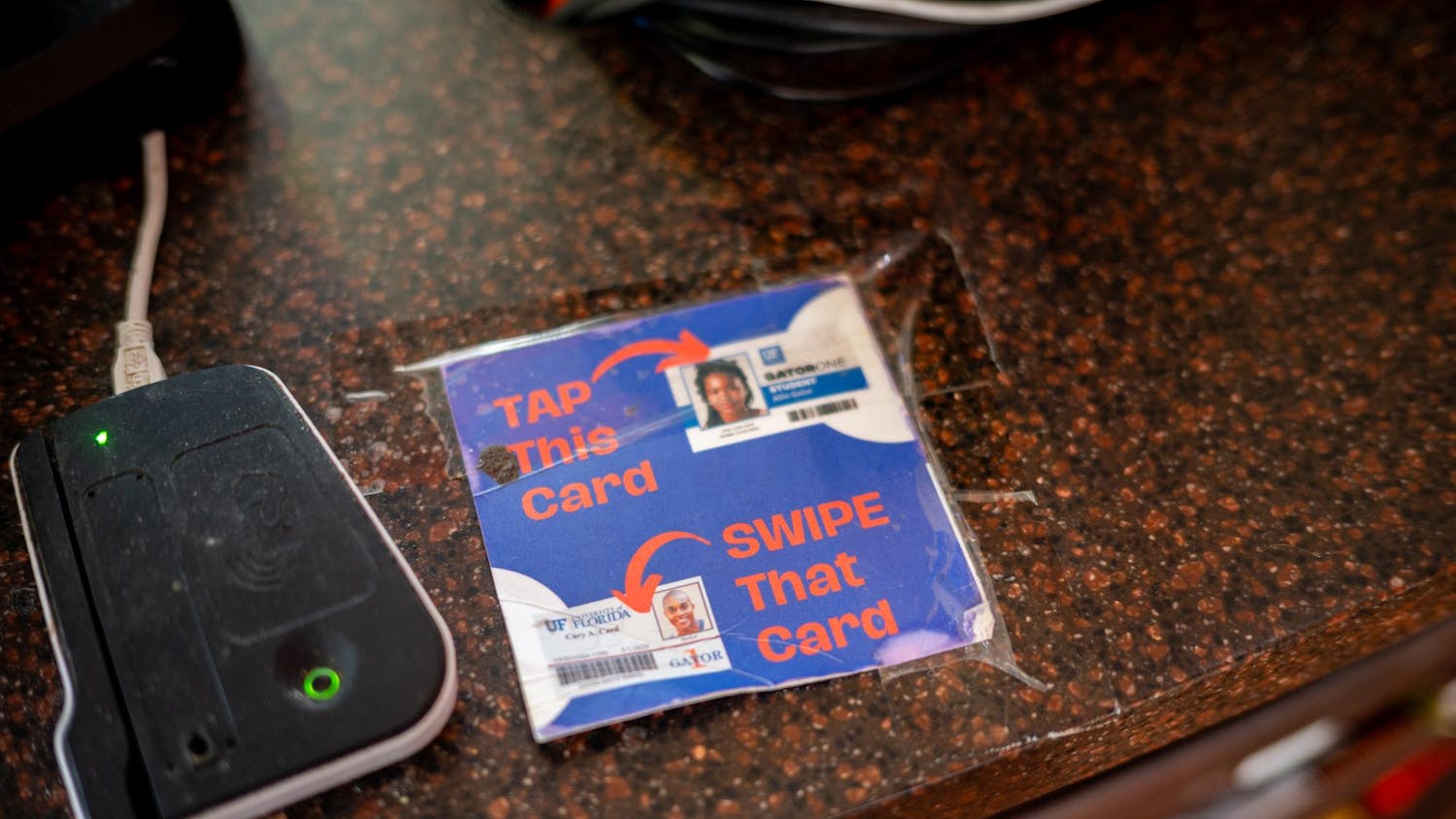For those who have read or watched the "Lord of the Rings" trilogy, it can be easy to desire the sort of world J.R.R. Tolkien portrayed. The Shire, an idealistic agrarian community on the western edge of Middle Earth, appears to be a world of social and economic bliss. There, hobbits peacefully engage in their day-to-day business: growing crops, selling simple goods and ending a hard day's work with a pint of ale at The Green Dragon. It is enough to make one nostalgic for a world that never truly existed, and it prompts the question: Is this sort of realm possible?
As it turns out, many economists and philosophers have asked the same question. As silly as it sounds, the model of the Shire has been a foundational building block for the niche economic theory of distributism. For those who are suspicious of both socialism and laissez-faire capitalism, distributism is often presented as a "third way." The basic principle of distributism is simple: The means of production should be dispersed as widely as possible among individuals, rather than belonging to a government (as it is in communism or socialism) or by a few corporations (as in most capitalist systems).
Thus farms, shops and the like are owned by families and groups of friends rather than by gargantuan entities. It certainly sounds like a paradigm with which Bilbo and Frodo would be familiar. For the cynics among us, this sounds like a dubious proposition. This system may work well for an agrarian community, but certainly not on a wide scale. A small unit of localized compatriots surely could not construct an airplane factory, build a skyscraper or manufacture iPhones as corporations can.
However, if we truly are so enamored with living in a mechanized, centralized and mass-produced world, why do our hearts long for the Shire and its beautiful simplicity? That is the question modern distributists wish to arouse. Have we, like the dwarfs of Moria, dug too greedily and too deeply? On the surface, the beloved "progress" of the modern age has provided us with great bounties. Massive corporations supply us with the cheap products we so desire, and a bloated government offers us unlimited safety (as long as it retains the ability to borrow money from future generations).
However, more and more, we find ourselves separated from local communities. We live off food harvested around the globe and cling to shallow friendships across vast social networks. Would the hobbits of Middle Earth truly recognize this as "real life"? More to the point, would our ancestors? They lived in a world governed by daily interaction among a fellowship of crucial economic actors, every person an integral cog in the local economy. These relationships were far more meaningful than a collection of profiles on a Facebook page that serve only to inflate individual narcissism.
Alas, we have long since passed the point where distributism could be viable economically.
The modern age has seen to that. The political and economic paradigm has become one of capitalism versus socialism with no room for the poor hobbits in between. Yet, as Tolkien himself wrote, "Faithless is he that says farewell when the road darkens." The basic tenants of distributism can still resound in all of us. Liberals of the green movement can fully embrace the principles of localism, and conservatives can sympathize with the traditional society such an economic system implies.
The famous conservative thinker G.K. Chesterton, one of the founding fathers of distributism, loved to repeat the famous rallying cry, "three acres and a cow." At the risk of sounding like a backwards traditionalist, if that was good enough for the hobbits of the Shire, it's good enough for me.
Luke Bailey is a history junior at UF. His column appears on Wednesdays.





